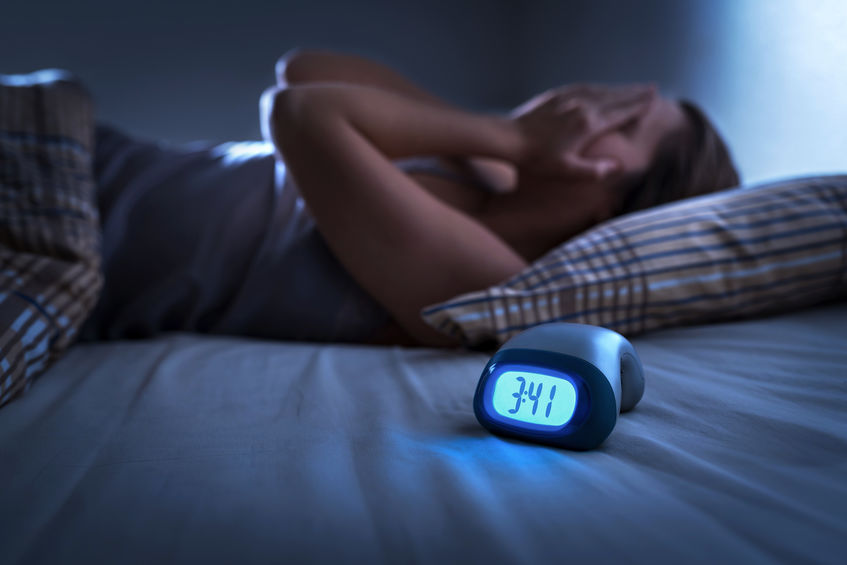
For those who are diagnosed with sleep apnea, getting a good night’s rest can be challenging. Contact Houston Sleep Solutions in Pearland or Friendswood, TX to discuss a treatment plan
Proper sleep is essential for a healthy mind and body, so it’s understandable to seek effective treatment. CPAP devices are a popular choice, but they also involve wearing a cumbersome mask over your face and involve using a loud air machine. So you may want to know what other options are available.
Oral Devices for Sleep
Mandibular Advancement Devices
The goal of oral devices is to keep your airways clear by opening up the jaw and preventing your tongue from falling back into your throat. One of the most popular tools used is a mandibular (lower jaw) advancement device.
It looks like a mouthguard, but it has springs and adjusters to push your lower jaw and tongue forward. This opens up your mouth and airway to help you breathe peacefully through the night.
Not only should these devices reduce symptoms, but they also can help strengthen the tongue and mouth muscles. As these become stronger, the apnea tends to decrease.
Tongue Retaining Mouthpieces
This mouthpiece is a much simpler design than a MAD and resembles a pacifier. It works by holding the tongue forward. You insert your tongue into the device, and it keeps it in a prominent position, away from the back of your throat.
Do These Oral Devices Help with Sleep Apnea?
Keep in mind oral devices are recommended for people with mild to moderate cases of OSA, or for those with more severe apnea who cannot tolerate a CPAP machine. It’s best to consult with your dentist or sleep expert to help you find the right device for you. On a positive note, research suggests oral devices can be effective for treating OSA.
Contact Houston Sleep Solutions to discuss a treatment plan:
281-485-4829
Location (Tap to open in Google Maps):
1769 S. Friendswood Dr. Ste 107
Friendswood, Texas
77546
